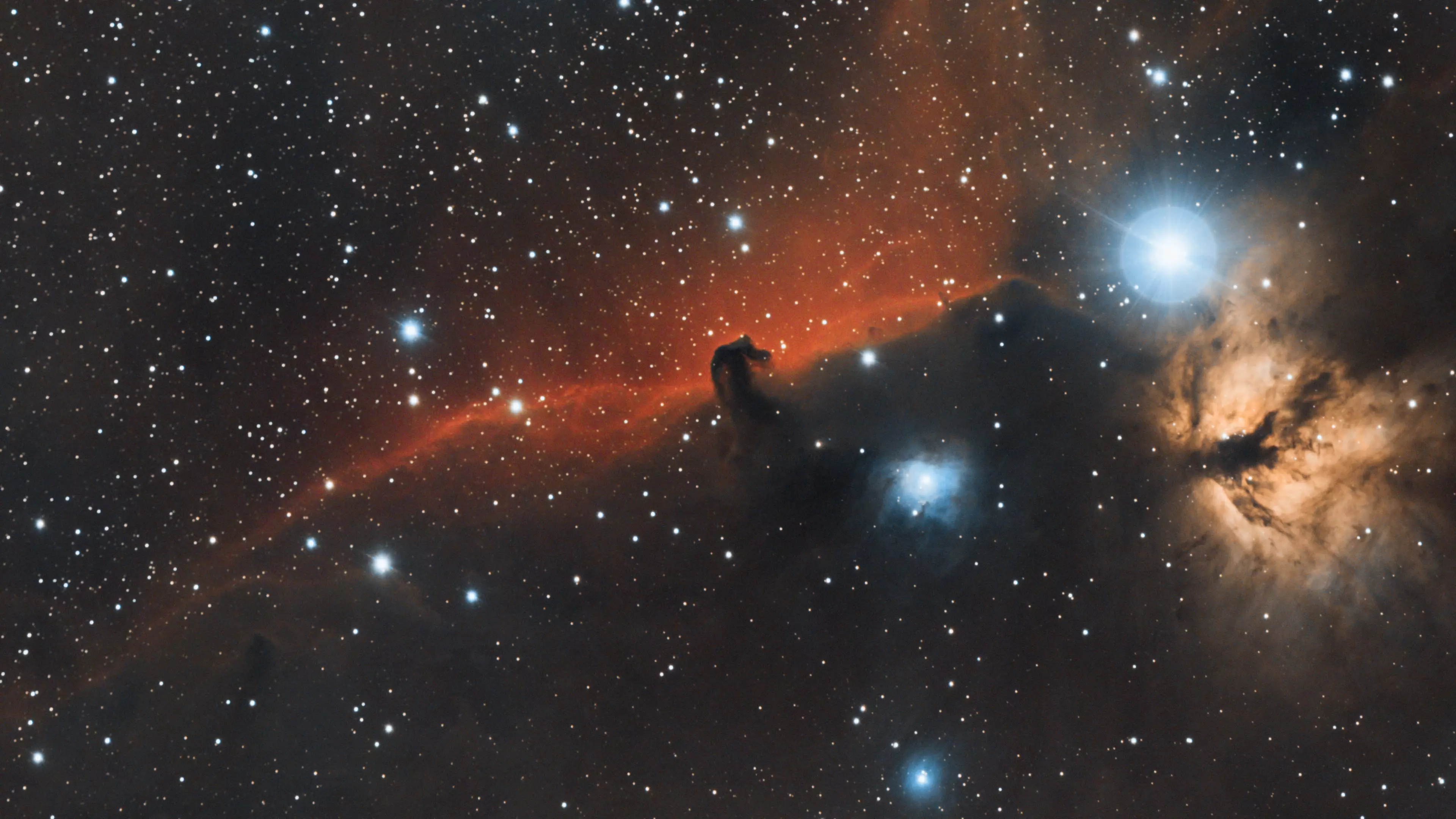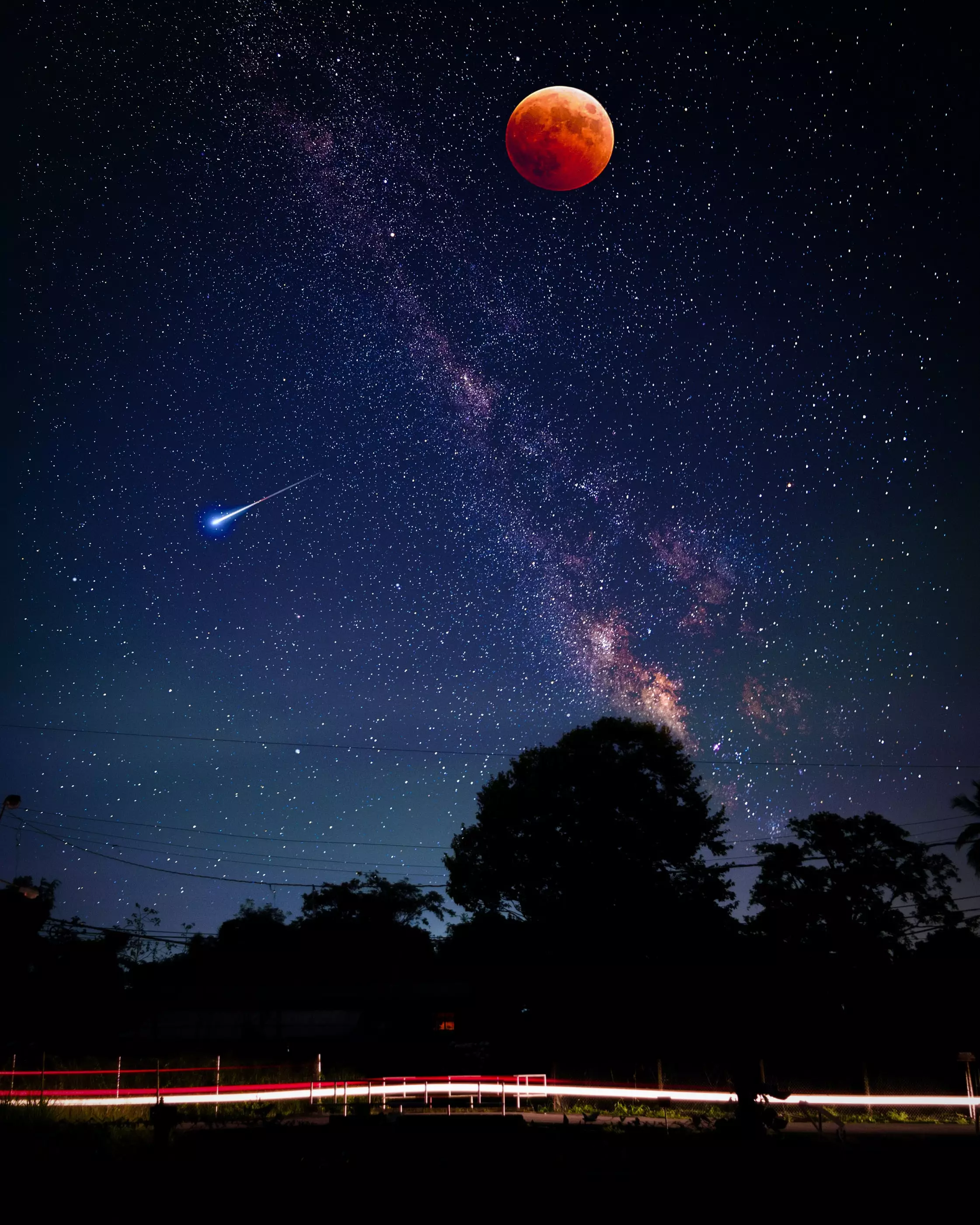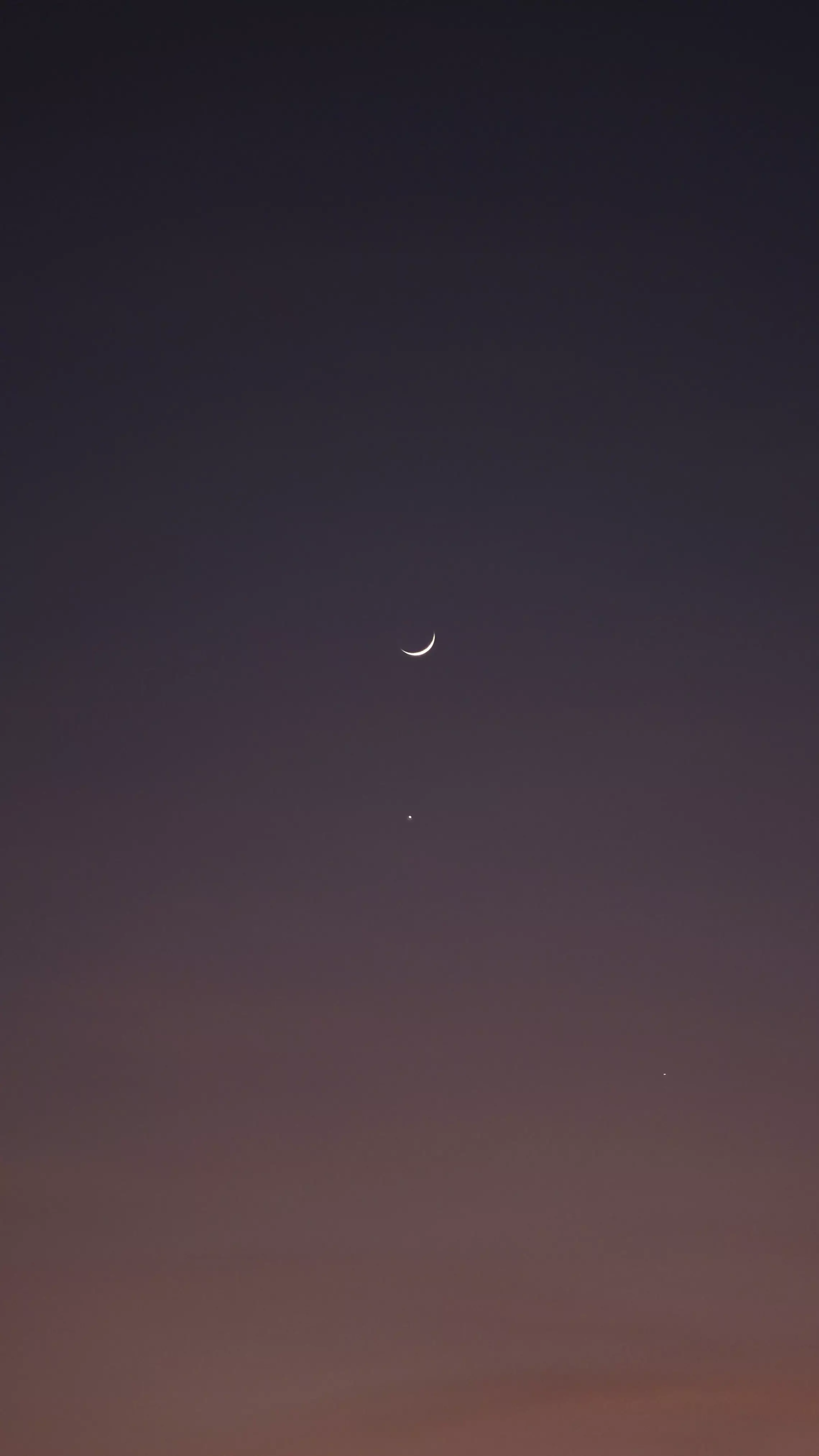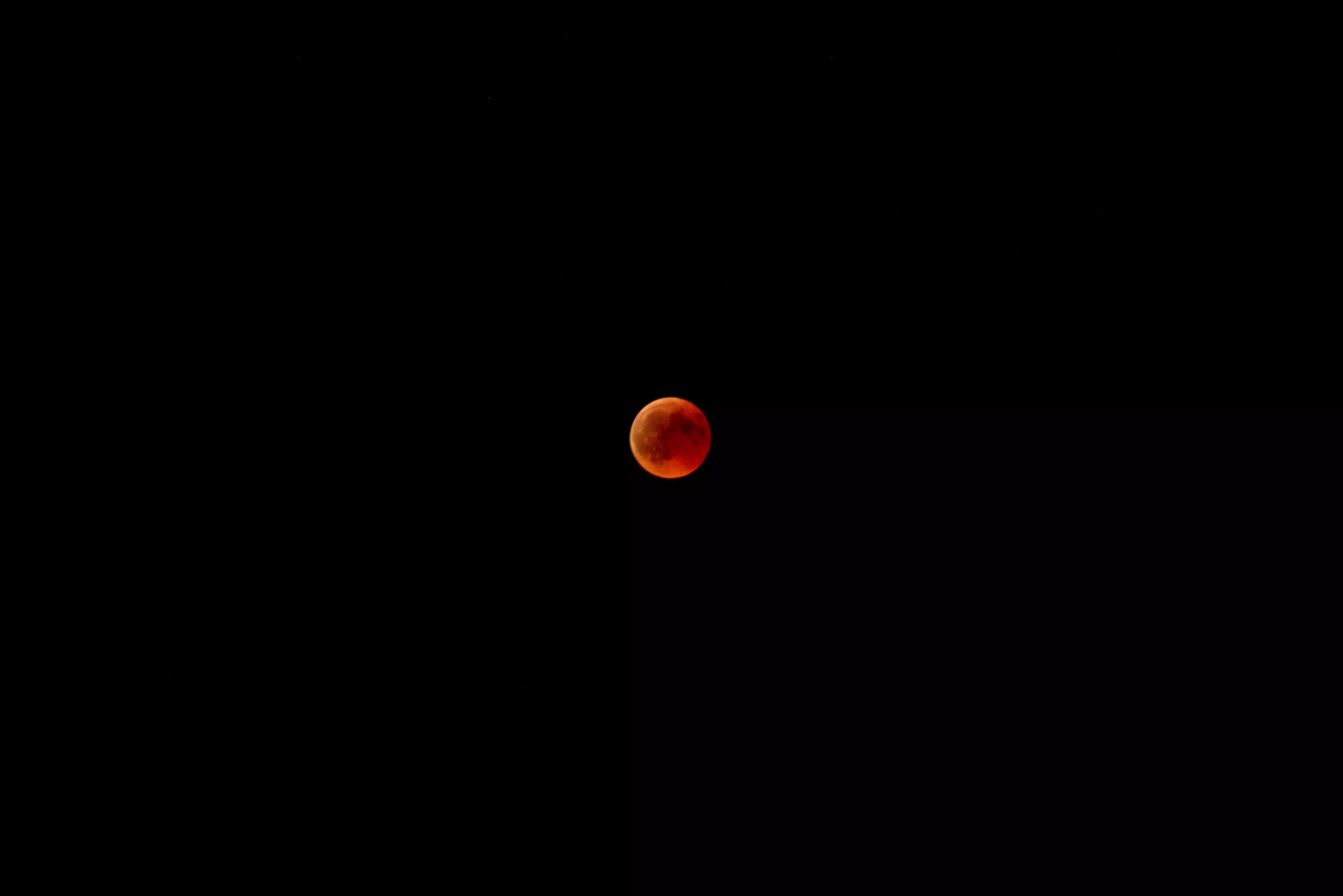
Forget Bonfire Night, there's something far more thrilling than fireworks in the sky this month.
Yep, you will no longer need a rocket-ship and a space suit to see the wonders of the solar system, with Venus, Mercury, Mars, Jupiter and Saturn all visible to the naked eye over the next coming days.

And for the truly space-obsessed among us, you can also catch a glimpse of Neptune and Uranus if you have access to a telescope or a pair of binoculars.
Advert
Venus is the brightest planet to spot, and is most easily seen the hour before sunrise, according to EarthSky.
You can use Venus as a guide to seeing the other planets - with Venus appearing as the brightest star in the sky, simply look downwards towards the horizon and you should be able to glimpse Mercury.

Advice from EarthSky says that you can see these planets in all their splendour between November 12th and 13th, under a waning crescent moon.
Advert
Mars, however, is a bit easier to spot. Having appeared prominently in the night sky over the last month, simply look out for the protuberant, red star and it'll likely be the red planet.
Saturn and Jupiter will be visible in the evenings later this month, with the pair being closer they have ever been in the night's sky since 1623.

The pair will be at their clearest on November 19th.
Advert
Towards the end of this week, those on the hunt for Uranus will have the best chance of finding it in the late evenings. Appearing a bluey-green in the sky, a set of binoculars will make it clearer for you to see.
Dark skies are your best bet to seeing Neptune too, however, you're going to need fairly powerful binoculars or a decent telescope to have an adequate view of it.
These solar-system wonders come just a few days after we told you to look out for super-rare 'blue' moon, which was visible in the skies on Halloween.
Featured Image Credit: UnsplashTopics: Sky